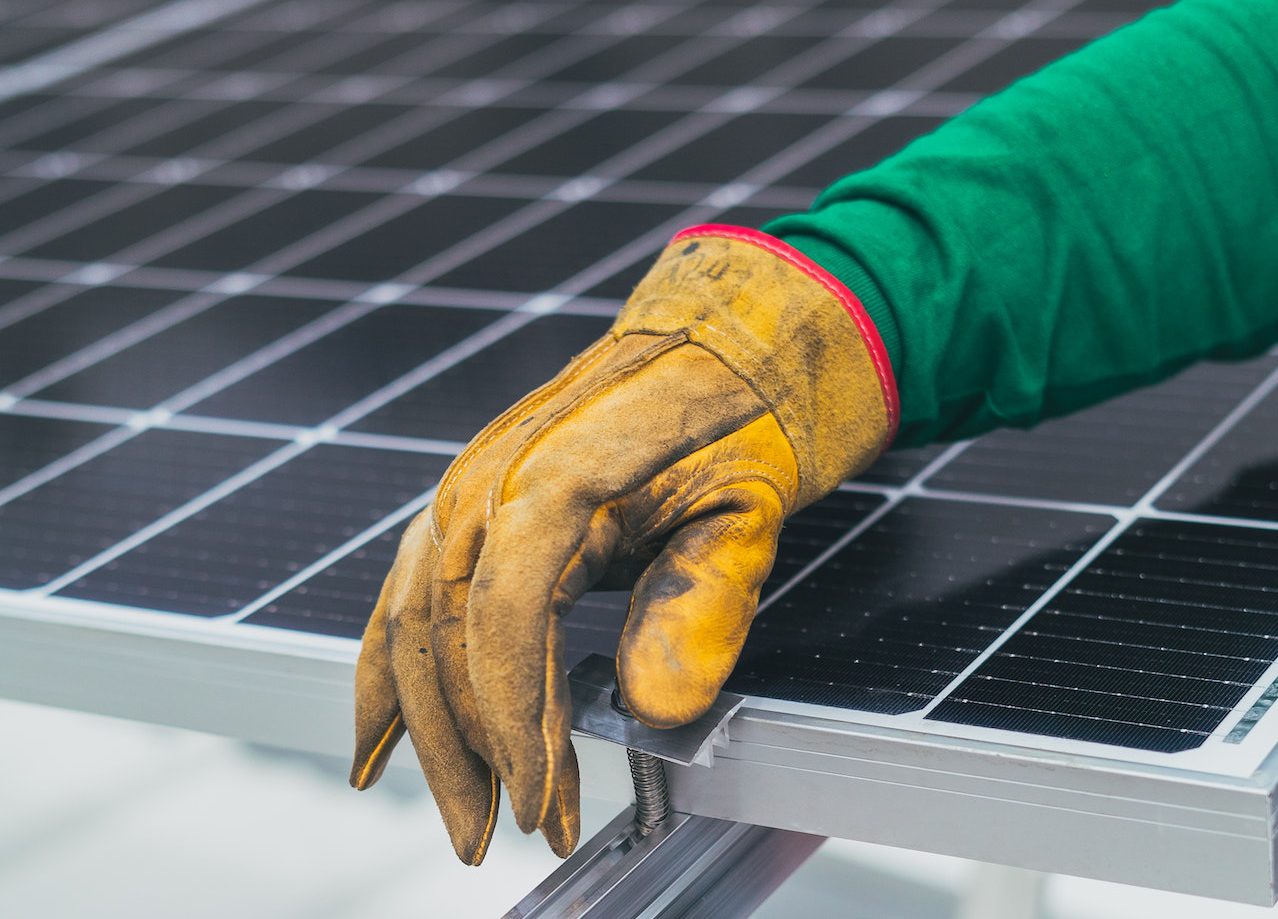Climate change awareness has reached an all-time high in households and offices around the globe. Earlier on this year Kite Insights published an international survey that was conducted among “7,000 respondents aged 18-65 from countries in the Americas, Europe and Asia across 15 major industries, to assess employee knowledge of climate change and its impact on economies and society.”
One of the main findings confirmed that “70 per cent of the respondents said that acting on climate change at work was important to their personal sense of motivation and wellbeing”, thus confirming the importance for companies to invest in going green. Furthermore, the study also found that 45 per cent of the study participants “are ready to go even further and become pioneers of climate action within their teams and functions.”
On Malta’s part, the Government has committed to also move towards the EU’s collective efforts of climate neutrality by 2050.
Locally, companies are also conscious of the need to be sustainable and of the importance of everyone doing their bit for the environment if we are to save our planet, or at the very least limit costs at a time when inflation and energy prices remain a top concern.
Here’s a refresher of some straightforward tips on how local companies, big and small, can do their bit.
One way is for businesses to commit to reduce the use of single use plastic by, for example, giving their employees company-branded reusable water bottles.
Apart from ensuring quality in a sustainable manner, companies could also seek to act in a responsible manner to protect the environment. They can do this by promoting recycling at the office or by disposing of waste responsibly, especially in cases where the business revolves around manufacturing or retail, which are two scenarios where companies tend to have a lot of waste to get rid of at the end of the working day.
Some companies have also taken the initiative and invested in photovoltaic panels which are sometimes seen installed at the top of offices, warehouses, and even car parks. Apart from generating energy and saving on costs, this practice also helps to reduce CO2 emissions.
Other activities that companies can partake in include the organisation of clean-ups and tree-planting initiatives which could help soften the impact of construction on the island.
Finally, post-pandemic, a lot of companies in Malta have retained different types of work-from-home initiatives which, in most cases, not only help employees to achieve a better work-life balance, but it also helps to reduce traffic and pollution on our roads.
Karl Meli reflects after Gemini role affected by global restructuring
'Looking forward to what comes next.'
Mark Grech warns of sophisticated podcast scam after near-miss hack attempt
Scams are getting more sophisticated by the minute.
‘Progress doesn’t have to be perfect’: Abigail Agius Mamo shares winding road to Master’s degree
The former Chamber of SMEs CEO shared her story to remind people that progress doesn’t have to be linear and ...
Why emotional intelligence is becoming a core study skill and a future workforce advantage
Intelligence isn't being measured only by grades.









